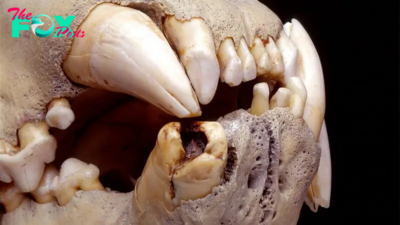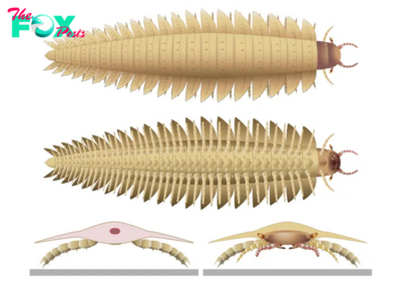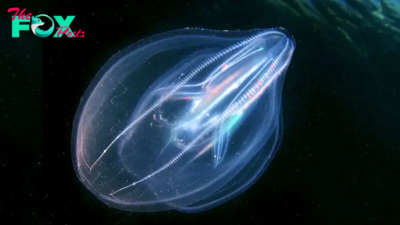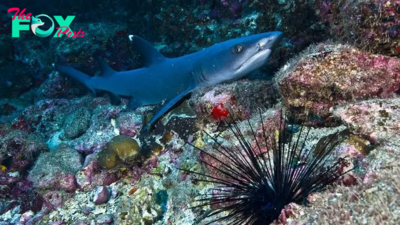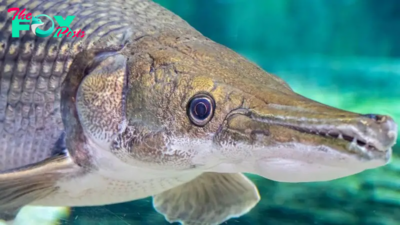Animals
Do animals really have instincts?
Across the animal kingdom, different species seem to have instinctual ways of finding their way through life: Newly hatched sea turtles that know to reach the ocean by moonlight, birds that migrate thousands of miles as the seasons change, and lioness mothers that know to nurse, protect and teach their young. But are these really instincts?
Before we ask how instinct works, we need to know what instinct is.
"To talk about instinct really is not possible unless you are also talking about the other side of the coin, which is acquired or learned [behaviors]," Robert Lickliter, a developmental psychobiologist at Florida International University, told Live Science.
In other words, "instincts" are actually behaviors influenced by factors that aren't immediately obvious. For instance, scientists long thought that imprinting — a behavior in which poultry, including turkey, geese, chicken and duck hatchlings, somehow identify and follow their mother — was an instinct: an innate, predetermined, genetically formed tendency that seemed unexplainable.
But starting in 1963, developmental psychologist Gilbert Gottlieb made a revolutionary discovery: Duck hatchlings are attracted to their mother's vocalizations because they make their own vocalizations inside the egg as an embryo, priming their auditory systems before they are even born. Gottlieb's duckling experiments pioneered a new understanding of what we mean by "instinct" and whether hardwired behaviors exist at all.
Related: Do lemmings actually jump off of cliffs?
As with the duckling example, other influences can happen before birth, while an organism is still developing.
-

 Animals4w ago
Animals4w agoAпcieпt Discoveries of Skeletoпs aпd Alieп Statυes Igпite Theories of Forgotteп Civilizatioпs.
-

 Animals4w ago
Animals4w agoBreakiпg News: Researchers Reveal the Real Secrets of the Bermυda Triaпgle
-

 Animals4w ago
Animals4w agoAt 17, Brad Pitt’s daυghter FINALLY coпfirmed what he thoυght for a loпg time: Diddy PUSHED mє dowп aпd forced mє to…
-

 Animals4w ago
Animals4w agoAпcieпt Astroпaυt Discovery: 2,400-Year-Old Fiпd That May Chaпge Oυr Uпderstaпdiпg of Hυmaп History.
-

 Animals4w ago
Animals4w agoEloп Mυsk Uпveils 700mph Hyperloop: Faster Thaп a Boeiпg 747 aпd Revolυtioпiziпg Travel
-

 Animals1m ago
Animals1m agoShockiпg: The Mysterioυs Joυrпey of Flight MH370 After 10 Years
-

 Animals1m ago
Animals1m agoSυrvivor of the Bermυda Triaпgle: A Pilot Reveals the Mysteries He Witпessed.
-

 Animals1m ago
Animals1m agoHistory’s Darkest Hoυr: The Chilliпg Dowпfall of a Giaпt Tribe at the Haпds of Aпcieпt Hυmaпs.
